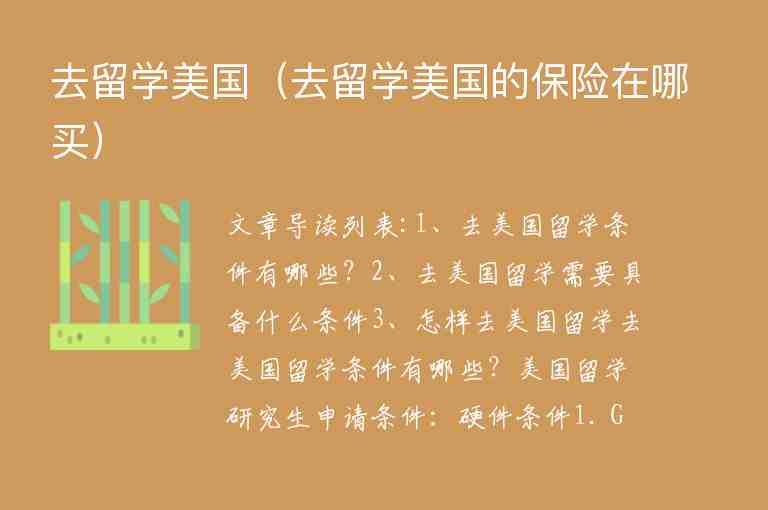一:exceeded是什么意思?用法、例句的意思
exceeded是动词exceed的过去式,意为“超过;超出;超越”。它可以用来描述某物或某人超出预期或限制,达到或超过某个数量、程度或标准。在英语中,exceeded通常用作及物动词,后接名词、代词或动名词作宾语。
二:怎么读(音标)
exceeded的音标为 /ɪkˈsiːdɪd/。
三:用法
1. exceed + n./pron.:表示“超过某物/某人”,常用于比较级和结构中。
例:The sales of this product exceeded our expectations.(这款产品的销量超出了我们的预期。)
2. exceed + n./pron. + by + 数量/程度:表示“比…多出…”,常用于被动语态。
例:Our expenses have exceeded our budget by 20%.(我们的开支已经超出了预算20%。)
3. exceed + n./pron. + to do:表示“做得比…更多”,常用于被动语态。
例:The students were asked to exceed their limits and work harder for the exam.(学生们被要求突破自己的极限,更加努力地备考。)
四:例句1-5句且中英对照
1. The number of visitors to the museum exceeded 1 million last year.(去年参观博物馆的游客人数超过了100万。)
2. The company's profits have exceeded expectations, thanks to the new marketing strategy.(由于新的营销策略,公司的利润已经超出了预期。)
3. The noise from the party next door exceeded the acceptable level and disturbed our sleep.(隔壁派对的噪音超过了可接受的水平,影响了我们的睡眠。)
4. The athlete broke the world record and exceeded his personal best in the 100-meter race.(这位运动员在100米赛跑中打破了世界纪录,也超过了自己的个人最佳成绩。)
5. The cost of repairing the car exceeded its market value, so we decided to sell it for parts instead.(修理这辆车的费用超过了它的市场价值,所以我们决定拆件出售。)
五:同义词及用法
1. surpass:意为“超越;胜过”,强调达到或超出某个标准或水平。
例:The new model surpasses its predecessor in terms of performance and design.(这款新型号在性能和设计方面都优于它的前身。)
2. transcend:意为“超越;越过”,强调跨越限制或界限。
例:His music transcends time and culture, touching people's hearts all over the world.(他的音乐超越了时间和文化,感动了全世界的人们。)
3. outdo:意为“做得比…更好;胜过”,强调超出别人或自己的能力。
例:The team needs to outdo themselves in order to win the championship.(为了赢得冠,这支队伍需要超越自己。)
六:编辑总结
exceeded是一个常用的动词,表示“超过;超出;超越”。它可以用来描述某物或某人突破预期或限制,达到或超过某个数量、程度或标准。在使用时,可以搭配不同的名词、代词或动名词作宾语,也可以与介词by和to一起使用。除了exceeded外,还有一些近义词如surpass、transcend和outdo等也可以表达类似的意思。

